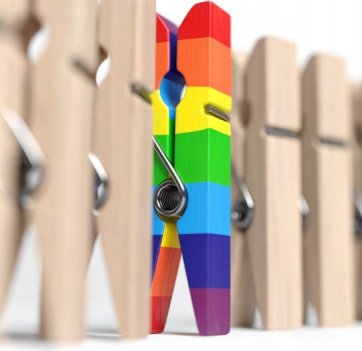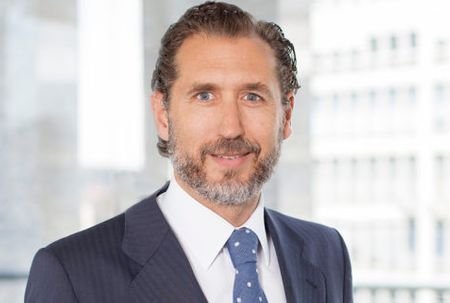Living a lie

Some LGBTI lawyers do not feel they can be themselves when in the office, but, increasingly, law firms are realising that they need to take action on this issue
 Being a member of the lesbian, gay, bisexual, transgender, and intersex (LGBTI) community and a lawyer can, unfortunately, sometimes mean having to live a double life. As Iberian Lawyer research conducted in recent years has shown, it seems that some people who work at law firms are stuck in the dark ages when it comes to attitudes towards different types of sexuality. Lawyers have confidentially told us about homophobic jokes being told at law firm social events, while there also anecdotes about male lawyers not feeling comfortable telling colleagues that after work they will be going to meet their husband. However, despite these tales of the discomfort and misery some of the profession’s dinosaurs inflict on their LGBTI colleagues, the good news is that, increasingly, law firms are saying “enough is enough” and are taking steps to address this issue. This action is being taken against a social and cultural backdrop of new laws being introduced in the last decade to protect the rights of the LGBTI community and prohibit discrimination based on sexual orientation. These changes in the law, and attendant changes in attitudes, are slowly filtering through to workplaces, including those in the legal sector.
Being a member of the lesbian, gay, bisexual, transgender, and intersex (LGBTI) community and a lawyer can, unfortunately, sometimes mean having to live a double life. As Iberian Lawyer research conducted in recent years has shown, it seems that some people who work at law firms are stuck in the dark ages when it comes to attitudes towards different types of sexuality. Lawyers have confidentially told us about homophobic jokes being told at law firm social events, while there also anecdotes about male lawyers not feeling comfortable telling colleagues that after work they will be going to meet their husband. However, despite these tales of the discomfort and misery some of the profession’s dinosaurs inflict on their LGBTI colleagues, the good news is that, increasingly, law firms are saying “enough is enough” and are taking steps to address this issue. This action is being taken against a social and cultural backdrop of new laws being introduced in the last decade to protect the rights of the LGBTI community and prohibit discrimination based on sexual orientation. These changes in the law, and attendant changes in attitudes, are slowly filtering through to workplaces, including those in the legal sector.
NO NEED TO HIDE
One of the leaders in the Iberian legal sector when it comes to addressing the issues affecting the LGBTI community is Uría Menéndez. Borja Sainz de Aja, Uría Menéndez partner and head of the firm’s diversity and inclusion programme, says that such initiatives help members of the firm feel much more comfortable in the workplace. He adds that they are also essential for law firms that are serious about attracting and retaining talent. Key to diversity and inclusion programmes is establishing an inclusive environment in which B employees have visible role models, and creating a workplace in which LGBTI people do not have to hide for fear of the consequences of people being aware of their sexual orientation. Sainz de Aja says that there is the risk that LGBTI lawyers could become demotivated in an environment where they cannot be themselves when it comes to their personal lives. He adds that diversity becomes visible at the moment it disappears in the sense that, when diversity is recognised, it ceases to be important and proper relationships with colleagues become possible.
INTELLIGENCE AND COURAGE REQUIRED
Sainz de Aja says that law firms have to “attract diversity to attract talent”. He adds that people want to feel at home at their firm and the only way firms can ensure this is by being diverse, being recognised as diverse, and ensuring such diversity is absolutely irrelevant. If a firm does not have an inclusive environment with LGBTI policies, some talented people may not feel at home. However, the feeling is that, in Spain at least, there is still a lot more to be done before policies for, and attitudes to, LGBTI people are the same as those in the Anglo-Saxon countries, but progress is being made. There are many companies in Spain that currently have such programmes and are taking steps to promote diversity and inclusion initiatives. However, beyond the work that law firms can do in this regard, Sainz de Aja emphasises that it is important to bear in mind that it is “a question of intelligence, of perceiving what the world is like, and of courage because you have to have courage to develop a different point of view, and an appreciation of diversity, but those two qualities are also necessary to be a good lawyer”.
To read the article in full, please download the magazine here












